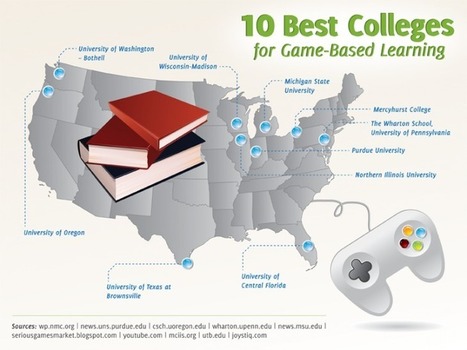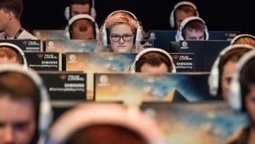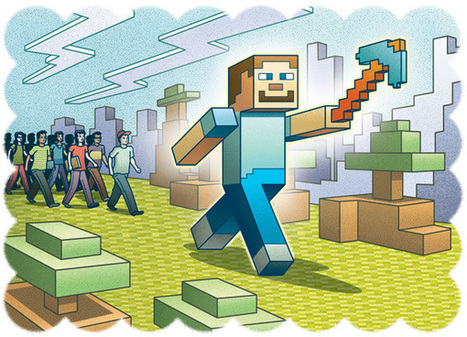Computerspielen kann Lernerfolge bringen
Wer spielt, hat Vorteile beim Verknüpfen von Lerninhalten und bei der Speicherung im Langzeitgedächtnis - das zeigt eine Studie der Universität Bochum. Games könnten auch positive Auswirkungen im Alter haben - allerdings ist dieses Studienergebnis nicht unumstritten.
Wissenschaftler der Ruhr-Universität Bochum haben sich mit den Auswirkungen von Computerspielen auf das Gehirn beschäftigt. Ihr Ergebnis: Games können positive Auswirkungen auf bestimmte Lernfunktionen haben, vor allem auf unsere Verarbeitung von Bildern, das Verknüpfen unterschiedlicher Inhalte und die Speicherung im Langzeitgedächtnis.
Außerdem können wichtige Gebiete im Gehirn wachsen, was nach allgemeinem Wissensstand positive Auswirkungen hat - unter anderem kann es nachlassenden Gedächtnisleistungen im Alter vorbeugen.
Learn more / En savoir plus / Mehr erfahren:
http://www.scoop.it/t/21st-century-learning-and-teaching/?&tag=Gaming
http://www.scoop.it/t/21st-century-learning-and-teaching/?&tag=Gamification



 Your new post is loading...
Your new post is loading...




















Learn more / En savoir plus / Mehr erfahren:
https://www.scoop.it/t/21st-century-learning-and-teaching/?&tag=makerspace
https://gustmees.wordpress.com/?s=maker